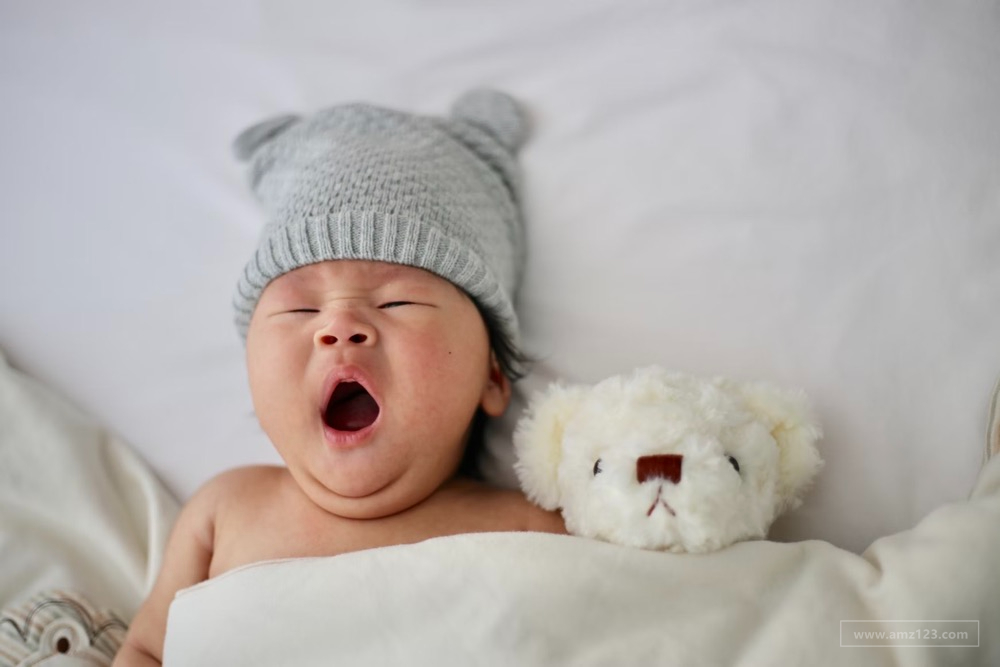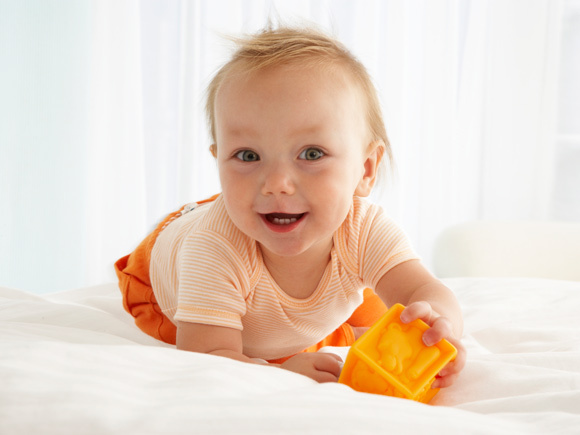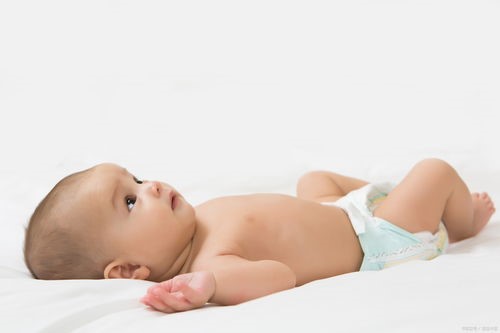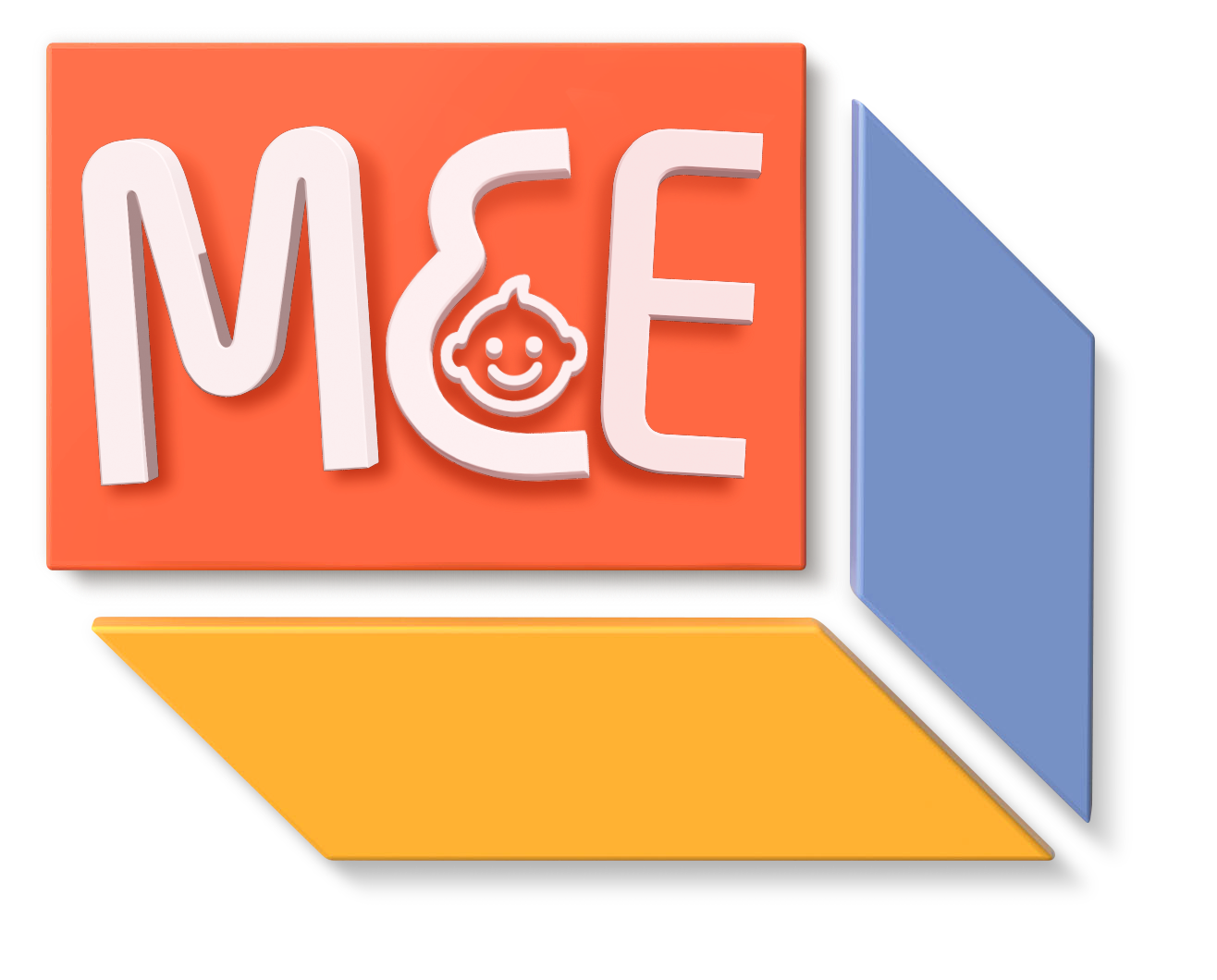New Demands in the U.S. Baby Products Market as Millennials Become Parents
In recent years, millennials, particularly those born in the 1990s, have emerged as the driving force behind the U.S. baby products market. The COVID-19 pandemic and resulting supply chain crisis have led to significant shifts in purchasing behavior among these young parents.
As millennials embrace parenthood, where are the new growth opportunities in the U.S. baby market? What new demands have arisen among millennial and Gen Z expectant and new mothers? How can businesses gain insights into these emerging consumer trends?
In March 2022, Everyday Health Group, the parent company of What to Expect, conducted a survey of over 1,800 new parents in the U.S. The study revealed notable changes in their buying habits during the pandemic.

The “New Normal” of U.S. Baby Products Consumption
The supply chain crisis, exacerbated by the pandemic, has led to a scarcity of baby products in the U.S. market. A striking 63% of expectant parents encountered stock shortages or unavailability when shopping, with 50% choosing to purchase baby products in advance to avoid these issues. If faced with shortages, 48% of respondents said they would switch to alternative brands.
Another trend is a shift towards more “streamlined” spending. About 84% of respondents reported focusing more on essential items rather than non-essential decorations. Furthermore, 63% of parents are trying to spend less overall, resulting in reduced purchase volumes.
Despite this, consumers are spending more time researching and selecting products, becoming increasingly discerning. Although online shopping is now the norm, 53% still prefer to visit physical stores to test products before making a purchase. The most commonly tested items in stores include car seats (24%), strollers (21%), bottles (14%), travel systems (13%), and clothing or diaper bags (12%).
Additionally, the impact of inflation has driven many parents to consider second-hand products.



Different Needs for Gen Z and Millennial Parents
Gen Z parents tend to have more streamlined needs compared to millennials, buying fewer items overall. For example, Gen Z parents are 23% less likely to purchase cribs and 14% less likely to register for travel gear. Instead, they prioritize “self-care” products, such as postpartum recovery items, over-the-counter medications, hand sanitizers, and supplements.
There has also been a noticeable increase in the number of “essential” items on young parents’ shopping lists, particularly in categories like baby sleep, baby health, and postpartum recovery products. For instance, purchases of bassinets and cradles have risen by 20% in the past year, while pacifier purchases have increased by 26%.
Health-related items like first aid kits, thermometers, nasal aspirators, and teething/oral care products are also in high demand, with teething care product purchases growing 17% from 2020 to 2022.
Products that help reduce parenting stress are becoming increasingly popular as well. Purchases of baby monitors have increased by 10%, smart parenting and baby products by 26%, and baby health trackers by 40% since 2020.
Finally, more mothers are investing in postpartum care gear. Items like wound recovery products have seen a 44% increase, breast pumps a 25% increase, and breast care products a 6% increase from 2020 to 2022.
Other essential items have also experienced growth over the past two years. For example, purchases of bibs have increased by 10%, and diaper rash cream by 20%. Larger items like strollers have also seen an uptick, with a 19% increase since 2020, while toy purchases have grown by 23%.
Amazon: The Preferred Platform for Baby Products
This year, young parents in the U.S. are 15% more likely to stick to a single platform for their baby product purchases compared to 2020. Amazon continues to dominate as the preferred platform, with up to 80% of respondents registering purchases there, with the majority being Gen Z parents (83%).
The number of Gen Z parents registering on Amazon has increased by 25% since 2020, while millennials are more inclined to register at Target or Walmart.
As new parenting attitudes continue to evolve, the U.S. baby products market is undergoing a comprehensive upgrade. For brands aiming to establish a foothold in this market, the challenge lies in effectively reaching consumers and meeting their diverse needs.


